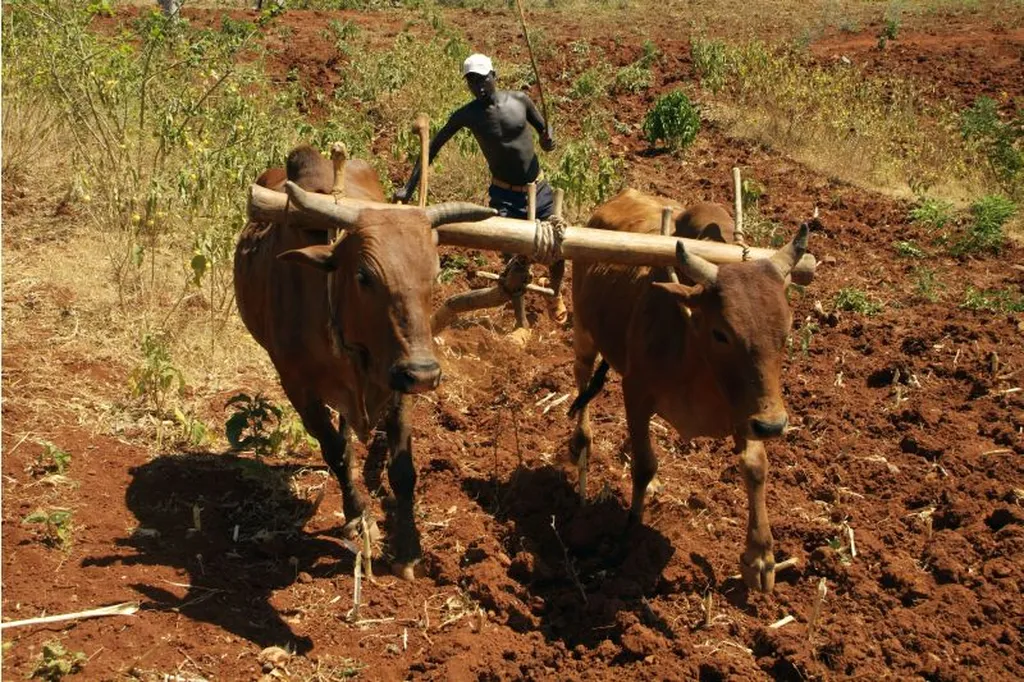In a groundbreaking study published in *Agriculture & Food Security*, researchers have uncovered compelling evidence that sustainable organic agriculture (SOA) can significantly enhance food security in sub-Saharan Africa. The study, led by Andre M. N. Renzaho from the School of Medicine at Western Sydney University, systematically reviewed 78 studies to evaluate the impact of three types of SOA: sustainable intensification practices (SIPs), climate-smart agriculture (CSA), and nutrition-sensitive agriculture (NSA).
The findings are nothing short of transformative. Households adopting SOA practices experienced a 16.33% lower prevalence of food insecurity compared to non-adopters. This translates to tangible benefits, including a 1019 kg/ha increase in cereal yield equivalent and a USD 155.60 boost in per capita farm food yield revenue. “These results highlight the potential of SOA to not only improve food security but also to enhance economic outcomes for smallholder farmers,” Renzaho noted.
The study also revealed a 10.4% increase in food and nutrient intake among adopters, alongside a 687.4 kcal higher calorie intake and a 0.90-point increase in dietary diversity score. These improvements are crucial in a region where malnutrition remains a pressing concern. “The positive impact on dietary diversity and calorie intake underscores the role of SOA in addressing malnutrition and improving overall health outcomes,” Renzaho added.
The commercial implications for the agriculture sector are substantial. The increased yields and revenue from SOA practices can drive economic growth and create new opportunities for farmers and agribusinesses. As the global demand for sustainable and organic products continues to rise, sub-Saharan Africa is well-positioned to become a key player in the international market.
The study’s findings are consistent across all sub-Saharan regions, suggesting that SOA practices can be effectively implemented in diverse agricultural contexts. This consistency bodes well for the scalability and adaptability of SOA, making it a viable solution for improving food security and economic outcomes in the region.
As the agriculture sector looks to the future, the study’s findings could shape the development of new policies and practices aimed at promoting sustainable and organic farming. By embracing SOA, sub-Saharan Africa can not only enhance food security but also drive economic growth and improve the livelihoods of millions of smallholder farmers. The research published in *Agriculture & Food Security* serves as a call to action for policymakers, farmers, and agribusinesses to invest in and adopt sustainable organic agriculture practices.

